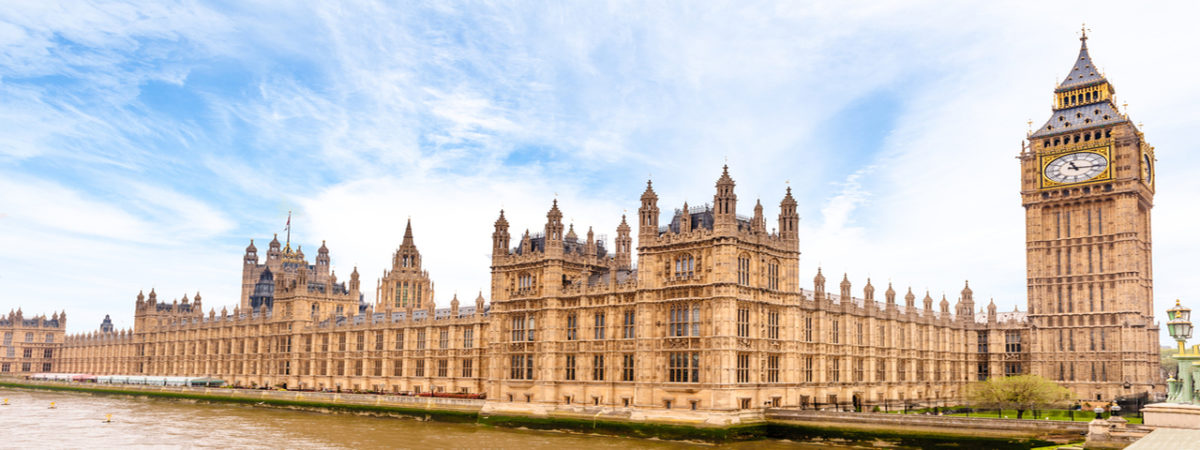Let’s brain-drain Russia
SUGGESTED



Although Putin and Defence Minister Sergey Shoigu were keen to emphasise the ‘partial’ nature of the mobilisation, the wording of the decree allows for the drafting of almost any able-bodied man between the ages of 18 and 60. Certainly, numerous reports indicate that authorities have been drafting men with little regard for age or prior military experience.
This has triggered a revival in the anti-war protest movement, a rise in arson attacks on recruitment centres and signs of serious unrest in the Muslim-majority region of Dagestan. But we should be realistic about their likelihood of success. Putin has spent the last 20 years building a large and brutally effective security state which, provided it remains loyal, will be able to crush most open resistance, just as Lukashenko did during the protests in Belarus in 2020.
Emigration is therefore the most obvious means of escape for Russians who would rather not spend the winter as targets for Ukrainian HIMARS. This has been a concern for Russian authorities since the war began, but mobilisation has turned a steady stream into a flood. According to the FSB over 260,000 men left Russia in the four days following the mobilisation decree. This is despite the price of flights out of Russia increasing more than 20-fold, border closures by EU states and 36-hour queues to cross by land into Georgia and Kazakhstan.
As Zelensky has acknowledged, this exodus is a positive development for Ukraine. Every young man who leaves Russia is no longer going to contribute to the Russian economy and cannot be sent to occupy Ukraine. We should be doing what we can to encourage emigration. One way to do so would be by offering asylum to those fleeing the draft, as is currently being debated in Germany and Ireland. However, this would be politically difficult given the large potential numbers involved (there are around 25 million Russians who are eligible for the draft) and UK’s unwillingness to grant free movement to fleeing Ukrainians.
Alternatively, the UK could concentrate its efforts on depriving Russia of its brains rather than its brawn. Anti-war and liberal sentiment is most strongly entrenched among well-educated Russians. This is especially true among those working in the sciences with polling indicating 85 per cent of Russian scientists are opposed to the war in Ukraine. It is not surprising then that since the invasion the Russian government has been desperate to stem the flow of IT and other highly skilled workers leaving the country. Between 50,000 and 70,000 Russian tech workers are believed to have left Russian in the first month of the war, mostly for countries like Georgia and Armenia which offer visa free access to Russian passport holders.
Yet many have since returned to their homeland after facing difficulties finding work in what are relatively poor countries or being lured back with government offers of tax breaks and subsidised mortgages. Despite the army’s desperate need for manpower, the Ministry of Defence quickly announced that workers in the IT, financial and communications sectors would be exempt from the mobilisation, indicating just how vital they are to the Russian economy. These are exactly the sorts of people we should be trying to help leave Russia, just as during the cold war we welcomed those escaping the Eastern Bloc.
We could facilitate this by creating a new visa modelled on the High Potential Individual (HPI) visa. We would offer the right to live and work in Britain to recent graduates from Russia’s top universities and those with experience in strategically important fields. This would be far from an act of charity on our part. Highly educated Russian emigrees would both be able to fill gaps in the UK labour market and be a net benefit to public finances. Indeed, Russians in the UK are already among the highest tax contributors among immigrants. In 2019 the average Russian income taxpayer in the UK paid over £16,500 in income tax, more than the average New Zealander, Japanese or Swiss. They are also among the least likely non-EEA nationality to claim child benefits or tax credits.
Additionally, by adopting a generous policy towards Russian citizens now, we will undermine the centrepiece of the Kremlin’s internal propaganda. Switch on Russian TV and you will be bombarded with the idea that the West’s actions are driven by deep-seated ‘Russophobia’ rather than any principled support for Ukraine. By welcoming Russians who wish to defect we will demonstrate that our opposition is to Putin and not the Russian people.
By mobilising and preparing to annex occupied regions of Ukraine, Putin has totally committed himself to the war in Ukraine. The British government’s aim is to ensure he is defeated. This of course means continuing our military and economic support to Ukraine and it means maintaining those sanctions which starve Russian government of the revenue and industry of the equipment it needs to continue the war. But we must also work to deprive Russia of the human capital on which their economy and military capability relies.
3 thoughts on “Let’s brain-drain Russia”
Comments are closed.




Brilliant idea – how to implement, who needs to do what when and how. !!
“They are also among the least likely non-EEA nationality to claim child benefits or tax credits.”
What does that even mean?
Seriously, you are saying that there are *some* EEA nationalities who are less likely to claim public funds than Russian nationals who literally have their visas stamped “No Recourse To Public Funds”.
Pray tell me, specifically which EEA nationalities are less likely to claim public funds than immigrants from Russia. Genuinely would like to know.
Or you could go to Cambridge and recruit there. But wait a minute, didn’t this happen during WWII. What was the names of those loyal chaps again, something like Blunt, Burgess, McLean and Philby? Yes Russians in positions of high strategic importance. Great idea. What could possibly go wrong? We might even house them in Salisbury, given that this is a must for sight-seeing Russians